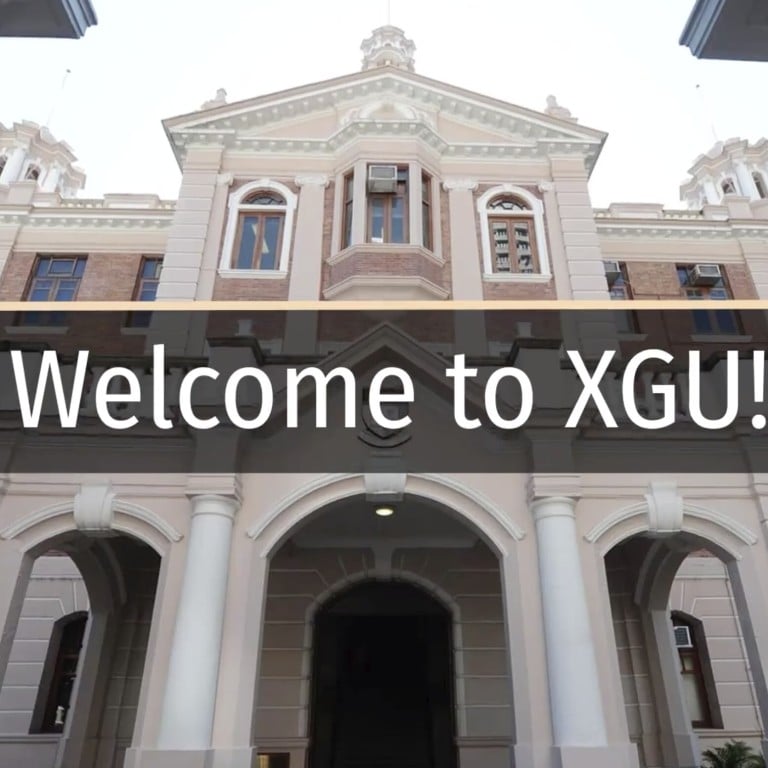
University of Hong Kong parody video may fuel further mistrust
- A two-minute clip produced by the University of Hong Kong’s Campus TV falls short of the decency and respect expected of tertiary students. But the underlying sentiments and issues may prompt more tension and conflict if they are not properly addressed
From over-the-top induction activities for freshmen to rowdy protests at convocation and graduation ceremonies, students in local universities make headlines for the wrong reasons from time to time. While the Covid-19 pandemic and social-distancing restrictions have dampened such incidents, a spoof of the University of Hong Kong’s welcome video has stirred controversy.
The two-minute clip by the student-run Campus TV welcomed students to the “University of Xiang Gang”, the Mandarin romanisation of “Hong Kong”, featured content derogatory to mainland students and suggested the sacking of legal scholar Benny Tai Yiu-ting was based on “political interests”.
The student body said it wanted to highlight concerns over academic freedom and preferential distribution of resources in a parody of the official video.
But the university branded it as “offensive, hurtful, insensitive and unfair”, saying “hatred, bullying and bigotry cannot be disguised as freedom of speech”. Individual academics also took issue with the approach and warned of possible consequences.
HKU’s Campus TV apologises, pulls ‘bigoted’ video aimed at mainland students
As with many offensive clips on social media, the producers may not be sensitive to the video’s impact. But it certainly would not be well received by students from across the border. The swift apology and removal of the clip might have taken the heat off. However, the episode could fuel further mistrust and animosity on campus and does nothing for the university’s reputation as one of Asia’s finest.
The convergence of students with different political and cultural backgrounds may lead to conflicts, as seen in the clashes between local and mainland students during the social unrest last year. Such tension is, indeed, a reflection of the intensifying cross-border antagonism in wider society. The politicisation of education is hardly in the city’s interest.
The video in question falls short of the decency and respect expected of students in tertiary education institutions. But the underlying sentiments and issues, such as concerns over the expansion of the mainland student population and the perceived bias in the allocation of resources, may prompt more tension and conflict if they are not properly addressed.

